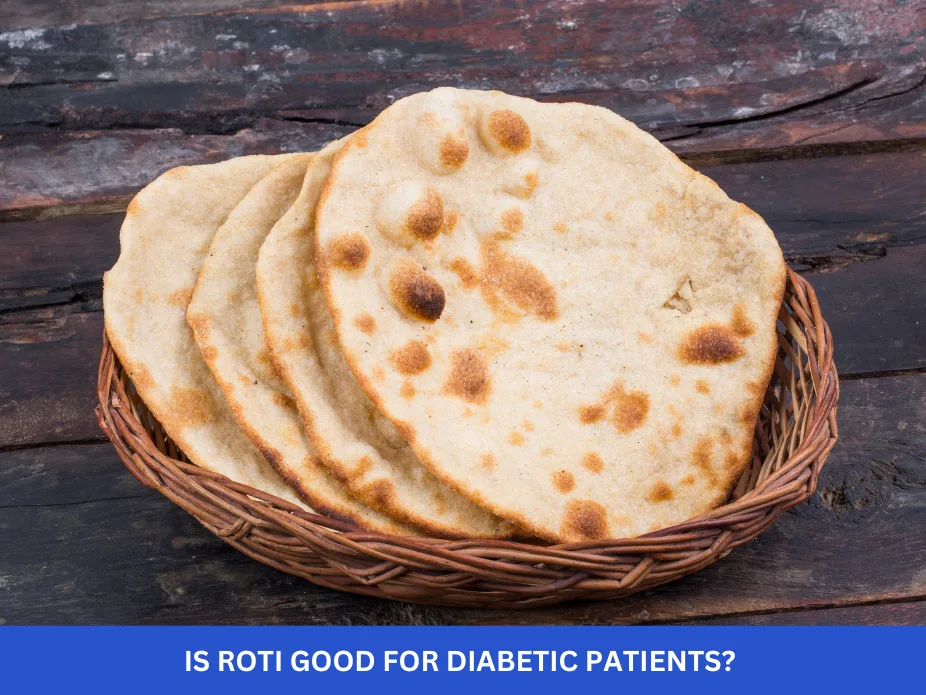Murmura, also known as puffed rice, is a popular snack in many cultures around the world, particularly in India. It is light, crunchy, and often used in various savory snacks, breakfast cereals, and even in making crispy snack mixes. However, if you’re keeping an eye on your calorie intake, you may wonder, how many calories are in murmura?
In this article, we’ll break down the calorie content of murmura, its nutritional value, and how it fits into a balanced diet. Whether you’re using it in your favorite snack mix or enjoying it as a light snack, understanding the calorie content will help you make healthier choices.
What is Murmura?
Murmura is made by heating rice kernels under high pressure, causing them to puff up and become light and airy. This process creates the characteristic crunchy texture of puffed rice. It is a low-calorie, light food that is often used in snack foods, breakfast cereals, and as a base for sweet or savory snacks.
Murmura is a popular ingredient in Indian street food dishes like bhel puri and murmura chivda, and it is also commonly enjoyed on its own or mixed with nuts, seeds, and spices for a satisfying snack.
How Many Calories Are in Murmura?
The calorie content of murmura depends on the serving size and whether any additional ingredients are added to the product. On average, 1 cup (about 25 grams) of plain, unsweetened murmura contains approximately 100 calories. However, if you add oil, sugar, or spices, the calorie count will rise accordingly.
Here’s a breakdown of the calorie content in different amounts of plain murmura:
- 1/4 cup (about 10g): Approximately 40 calories
- 1/2 cup (about 25g): Approximately 100 calories
- 1 cup (about 50g): Approximately 200 calories
Murmura is low in calories compared to many other snack foods, making it an ideal option if you’re looking for a lighter snack. However, be mindful of portion sizes, as the calorie content can add up quickly if you’re mixing it with other ingredients.
Nutritional Breakdown of Murmura
In addition to being low in calories, murmura also provides several essential nutrients. Here’s a look at the nutritional value of 1 cup (25 grams) of plain murmura:
1. Carbohydrates
Murmura is primarily made up of carbohydrates, providing around 23-25 grams of carbs per 25g serving. This makes it a good source of energy, especially if you’re looking for a quick fuel source. However, keep in mind that murmura is not a significant source of dietary fiber.
2. Protein
Murmura is relatively low in protein, with about 1 gram of protein per 25g serving. While it’s not a significant source of protein, it can be paired with other protein-rich foods like nuts or yogurt to create a more balanced snack.
3. Fat
Plain murmura is very low in fat. A 25g serving contains only about 0.5 to 1 gram of fat, which makes it a great option for those looking to keep their fat intake low. However, if you add oil or butter to it, the fat content will increase.
4. Vitamins and Minerals
Murmura is a decent source of several important vitamins and minerals, including:
- Iron: Essential for healthy blood cells and oxygen transport.
- Magnesium: Supports muscle and nerve function.
- Zinc: Important for immune health.
- B-Vitamins: Especially B1 (thiamine) and B3 (niacin), which help in energy production and metabolic function.
While murmura is not a very rich source of vitamins and minerals compared to other whole grains, it can still contribute to your overall nutrient intake.
How to Incorporate Murmura into Your Diet
Murmura is versatile and can be used in a variety of dishes, from snacks to breakfast options. Here are some ideas for incorporating murmura into your diet:
1. As a Snack
Murmura is often enjoyed on its own as a light snack. You can eat it plain or mix it with spices, herbs, and a touch of salt to enhance the flavor. Adding a small handful of roasted nuts or seeds can make it more filling and nutrient-dense.
2. In Salads
Murmura can be added to salads to provide a crunchy texture. Simply mix it with chopped vegetables, herbs, and a light dressing for a refreshing and low-calorie salad.
3. In Snack Mixes
Murmura is often used as the base for snack mixes. Combine it with roasted nuts, seeds, dried fruits, and a sprinkle of spices to create a balanced and satisfying snack. You can also add a touch of honey or maple syrup for sweetness.
4. In Breakfast Cereals
You can add murmura to your breakfast cereal for extra crunch. It pairs well with yogurt, milk, or fresh fruits like berries and bananas. You can also add a drizzle of honey or cinnamon for extra flavor.
5. In Street Food Dishes
In many cultures, murmura is used to prepare delicious street food dishes such as bhel puri, murmura chivda, and bajra-murmura chikki. These dishes typically involve mixing murmura with a variety of ingredients like vegetables, spices, and chutneys.
Health Benefits of Murmura
Murmura offers several health benefits, thanks to its nutritional profile. Here’s a look at some of the key advantages of adding murmura to your diet:
1. Low-Calorie Snack Option
Murmura is a great snack if you’re trying to control your calorie intake. At around 100 calories per 25 grams, it makes for a low-calorie snack that can help curb your hunger without adding too many calories to your daily intake.
2. Provides Quick Energy
Murmura is rich in carbohydrates, making it a quick source of energy. It’s a great snack for boosting your energy levels during the day or before a workout.
3. Supports Digestion
Murmura contains a small amount of fiber, which helps promote healthy digestion and regular bowel movements. While it’s not a major source of fiber, it can still support digestive health when consumed as part of a balanced diet.
4. Heart Health
Murmura is low in fat and contains small amounts of essential minerals like magnesium and potassium, which are important for heart health. The low fat content makes it a heart-friendly snack option.
5. Gluten-Free
Murmura is naturally gluten-free, making it a suitable snack for people with gluten intolerance or those following a gluten-free diet. It’s also a great alternative to other processed snacks that may contain gluten.
How Much Murmura Should You Eat?
Since murmura is low in calories, it can be part of a healthy diet when consumed in moderation. However, portion control is important to avoid overeating, especially if you’re adding other ingredients like oil, sugar, or spices, which can increase the calorie content.
A healthy portion of murmura is about 1/4 to 1/2 cup (25-50 grams) as a snack. This portion will provide you with around 100-200 calories, depending on the serving size.
If you’re adding murmura to other dishes like salads or snack mixes, be sure to adjust the portion sizes to maintain a balanced calorie intake.
FAQs: How Much Calories in Murmura?
1. How many calories are in 1 cup of murmura?
1 cup of murmura (about 50 grams) contains approximately 200 calories.
2. Is murmura good for weight loss?
Yes, murmura is a low-calorie, high-volume food that can help you feel full without consuming too many calories. However, be mindful of portion sizes, especially if you add other ingredients like oil, sugar, or nuts.
3. How many calories are in a small handful of murmura?
A small handful of murmura, around 30 grams, typically contains about 120 calories.
4. What are the health benefits of murmura?
Murmura is a low-calorie snack that provides quick energy, supports digestion, is gluten-free, and is a heart-healthy option. It’s also a good source of carbohydrates and provides small amounts of vitamins and minerals.
5. Can murmura be eaten every day?
Yes, murmura can be eaten daily in moderation. It’s a great option for a low-calorie snack or as a component in other dishes like salads and breakfast cereals. However, be mindful of portion sizes to avoid excess calorie intake.
Conclusion
Murmura is a nutritious, low-calorie snack that offers several health benefits, including digestive support, heart health, and quick energy. With approximately 100 calories per 25 grams, it can be a great addition to your diet when consumed in moderation. Whether you enjoy it on its own, in a snack mix, or in a savory dish, murmura is a versatile and healthy food that can fit into a balanced diet. By understanding its calorie content and incorporating it mindfully into your meals, you can enjoy all the benefits that this light, crunchy snack has to offer.


